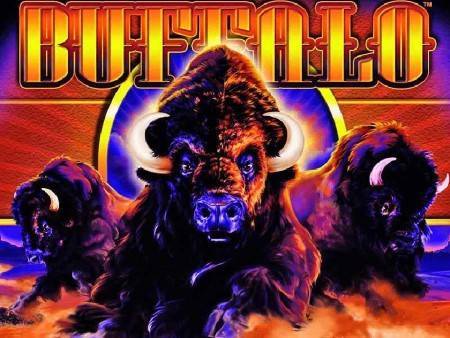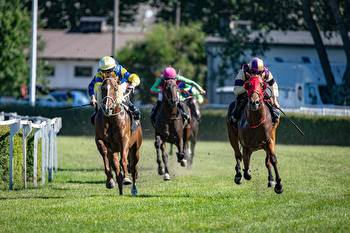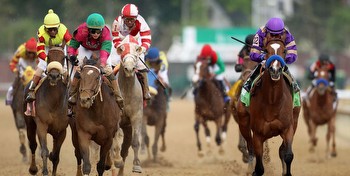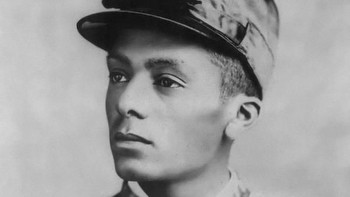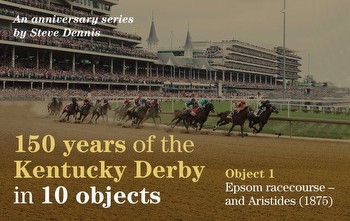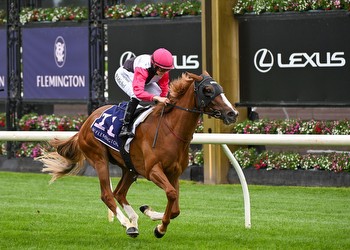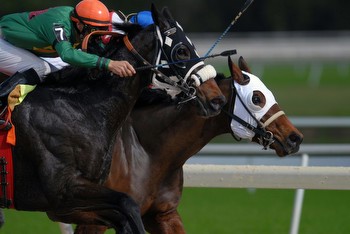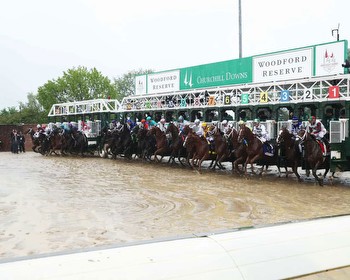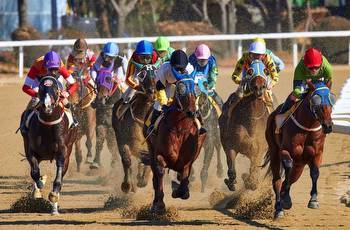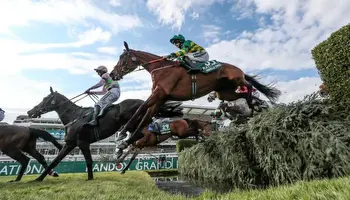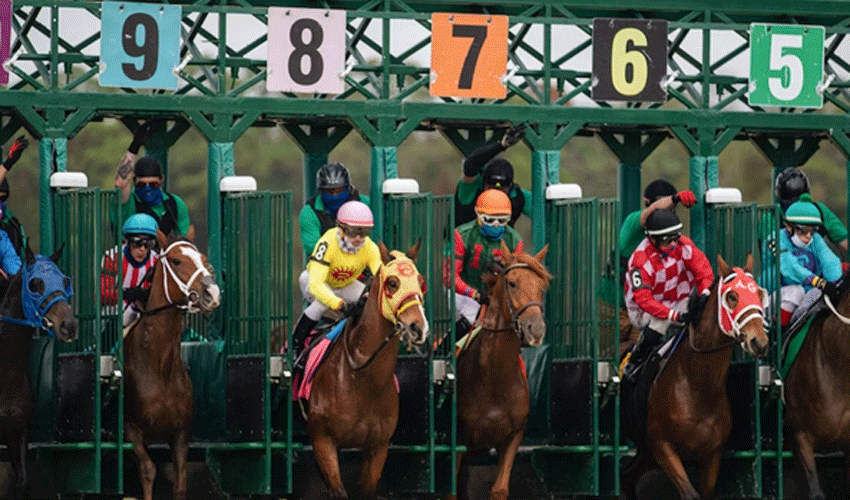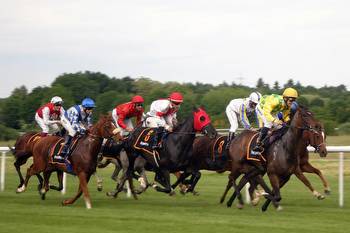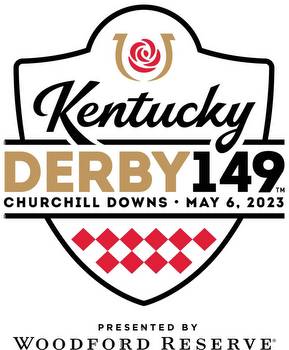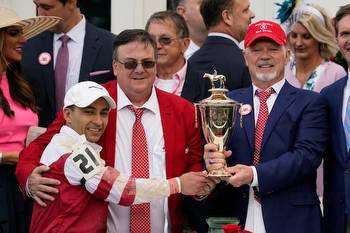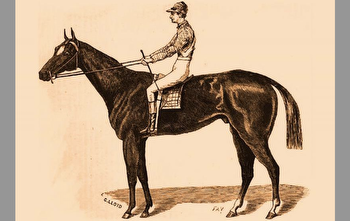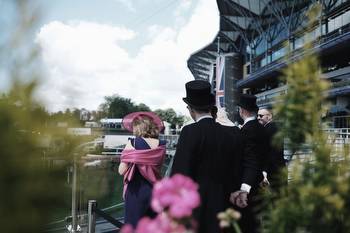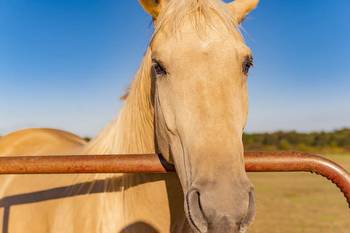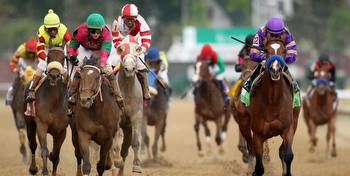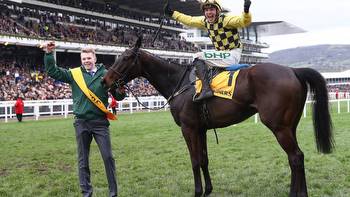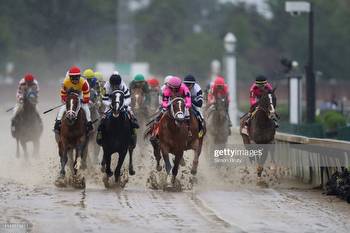Four of the Biggest Horse Races in the World You Must Visit
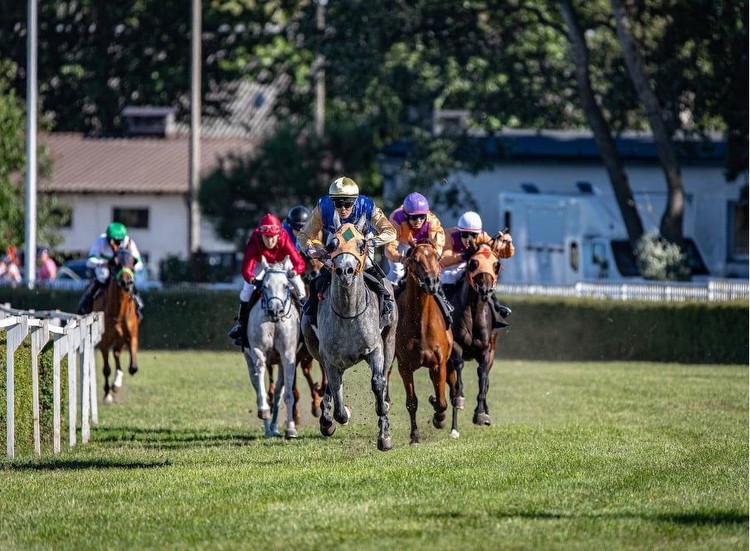
This article contains third-party links.
Humans have raced horses for centuries. Chariot racing was one of the most popular sports in ancient Greece and Rome, while mounted horse racing events took place in the ancient Greek Olympics in 648 BCE. Today, there are marquee horse racing meets on a global scale. Some such meets are steeped in history, while others award almost unfathomable riches to the winning owners. The following quartet of world-renowned races are a must-visit for anyone who has even the slightest inclination to watch the world’s best horses and jockeys battle it out for supremacy.
The Kentucky Derby is one of the oldest horse races in the United States and one part of the coveted “Triple Crown.” The first Kentucky Derby took place at Churchill Downs in Louisville, Kentucky, in May 1875, and it has run annually since. Even World War II in 1945 and the COVID-19 pandemic in 2020 could not prevent the Kentucky Derby from taking place, although the race was rescheduled during those global events.
The Kentucky friendly online sports betting sites are awash with punter during the first Saturday in May, which is the traditional date for the race affectionately known as “The Run for the Roses.” Such a title exists because the winner of the Kentucky Derby receives a blanket of 554 red roses, a tradition stemming back to 1883. The race is often called “The Most Exciting Two Minutes in Sport” due to the usual time for the champion to be crowned.
Aristides won the inaugural Kentucky Derby in 1875 in a time of 2:37:75. The original distance was one and a half miles (12 furlongs) but has since been reduced to one and a quarter miles (10 furlongs), in addition to being limited to three-year-old thoroughbreds.
Since Aristides’ victory, some of racing’s iconic horses have passed the finishing line in first place and written their names into the history books. Triple Crown winner Secretariat triumphed in 1973 in a time of 1:59:40, which is still a Kentucky Derby record 50 years later. Seattle Slew and fellow Horse Racing Hall of Fame inductee Affirmed had Kentucky Derby wins under their belts.
Each year, more than 155,000 race-goers attend the Kentucky Derby, making it one of the best-attended sporting events on the planet. The race is one of the richest flat races in the United States, too, with a purse of $3 million and a first-place prize of $1,860,000.
The Grand National runs annually at Aintree Racecourse in Merseyside, England. It is Europe’s most valuable jump race, with a £1 million purse and £500,000 set aside for the eventual champion. First run in 1839, the Grand National is seen as the ultimate test of skill and endurance for both the competing horses and the jockeys that mount them.
The gruelling handicap steeplechase sees up to 40 horses make their way around a four-mile, two-and-a-half furlong course featuring some of the tallest fences of any jump race. However, some of the iconic obstacles have since been lowered in an attempt to improve safety for the horses and their riders.
Only one horse has won the Grand National on three occasions, Red Rum. Red Rum won the race in 1973, 1974, and again in 1977. He finished second in 1975 and 1976. Tiger Roll won in 2018 and 2019 and could have completed an unprecedented hat trick had it not been for the COVID-19 pandemic causing the race’s postponement. Tiger Roll was set to race in 2021, but his owners and trainers withdrew him over issues with the handicap allocation.
These days, the Grand National is seen as a part of British culture and is popular with people who do not usually watch or bet on horse racing at other times of the year. An estimated 500,000 to 600,000 million people watch various television broadcasts in more than 140 countries. The Grand National is a magical occasion.
The Cheltenham Gold Cup first ran in 1924 and has since grown in prestige to the point it is now the most valuable non-handicap chase in the United Kingdom, with a £625,000 purse. The Grade 1 National Hunt race runs over three miles, two-and-a-half furlongs, and is open to horses aged five or over. Those horses and their brace jockeys must make their way over 22 fences.
Several horses have shot to stardom at the Cheltenham Gold Cup. Golden Miller won the Gold Cup five consecutive years between 1932 and 1936. He is still, to this day, the only horse to win the Grand National and Cheltenham Gold Cup in the same year, doing so in 1934.
Since then, legendary steeds such as Arkle (3), Best Mate (3), and Kauto Star (2) have won multiple Cheltenham Gold Cups. Arkle was such a dominant horse that he went off at 1/10 during his third and final Cheltenham Gold Cup victory, which remains the shortest price in the race’s history.
What makes the perfect horse race? Top-level horse? A massive purse and top prize? A fast pace? An event steeped in history? What if we told you the Epsom Derby ticks those four boxes and more?
First run in 1780, the Epsom Derby is the United Kingdom’s second-oldest classic horse race, and it is worth visiting for that fact alone. Epson Downs in Surrey, England, hosts the Epsom Derby on the first Saturday in June. With a purse of over £1.6 million and more than £900,000 for the winner, the Epsom Derby is Britain’s richest flat horse race.
The Derby is the middle leg of the British horse racing Triple Crown, sandwiched between the 2000 Guineas and St Leger. The race gets its name from the Earl of Derby, who once sponsored the race, with several notable races borrowing the Derby name, notably the Kentucky Derby mentioned earlier.
The one-mile, four-furlong race is over in a shade over two-and-a-half minutes, but it is crammed with excitement thanks to some of the best three-year-old colts and fillies competing. Due to the entry rules, no horse can win the Epsom Derby twice. However, the late Lester Piggott rode home nine winners between 1954 and 1983, while Aidan O’Brien-trained horses have romped home in first place on nine occasions.
